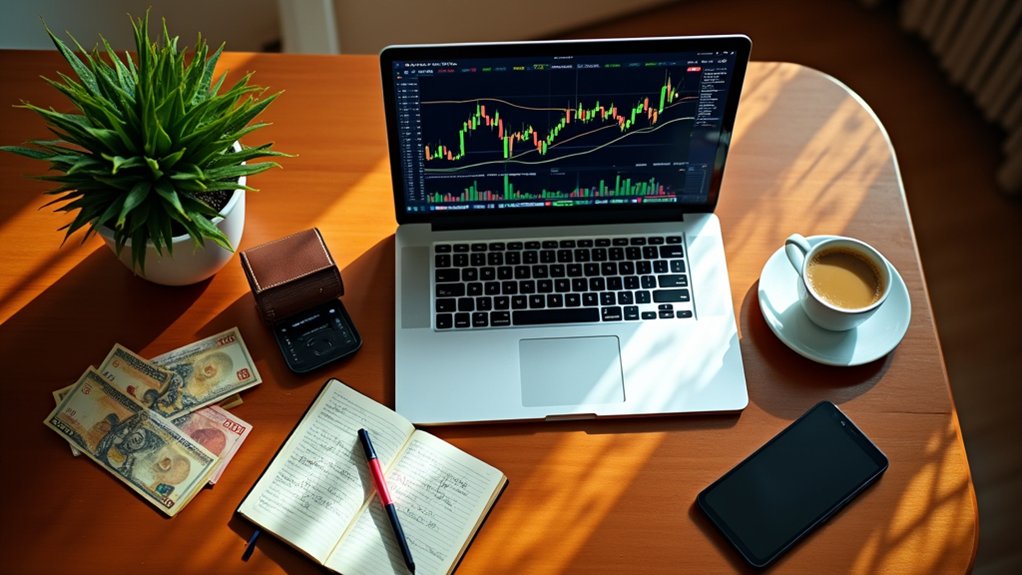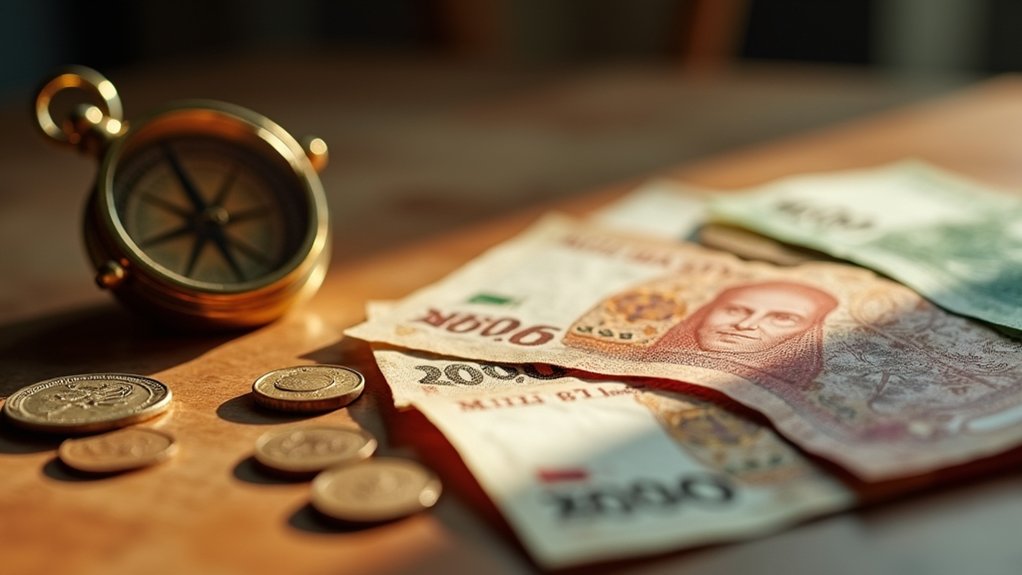An FX swap is a foreign exchange transaction that combines a spot trade with a forward trade in the opposite direction. In this arrangement, two parties simultaneously exchange currencies at an agreed rate (the spot leg) and commit to reverse the exchange at a future date using a predetermined rate (the forward leg).
An FX swap pairs a spot currency trade with a forward transaction in the opposite direction at predetermined rates.
The forward rate typically differs from the spot rate due to interest rate differentials between the two currencies. The difference between the spot and forward rates is expressed as forward points, which are added to or subtracted from the spot rate to determine the forward exchange rate. FX swaps are commonly used by banks, corporations, and institutional investors to manage short-term liquidity needs, hedge currency exposure, or adjust the maturity profile of existing positions.
Unlike currency swaps, FX swaps have shorter maturities and don't involve periodic interest payments—only the principal amounts are exchanged at the beginning and end of the contract. For longer-term arrangements involving principal and interest payments in different currencies, parties may instead utilize cross-currency swaps to manage foreign exchange risk and access better financing rates.
In short: An FX swap exchanges currencies now and reverses the transaction at a future date using predetermined rates.
Example in Action
A South African exporter expects to receive USD 100,000 in 90 days but needs ZAR immediately to pay local suppliers. They enter an FX swap on USD/ZAR where they borrow USD 100,000 today at a spot rate of 18.50, receiving ZAR 1,850,000 right away, while simultaneously agreeing to repay USD 100,000 in 90 days at a forward rate of 18.80.
When the 90 days pass and their export payment arrives, they deliver the USD 100,000 and close the swap, having paid an implicit cost of ZAR 30,000 (the difference between 18.80 and 18.50 on USD 100,000) for the temporary liquidity. The initial spot leg of this swap would follow the standard value date convention, typically settling two business days after the trade execution. This swap allowed them to access local currency immediately without taking on exchange rate risk for their underlying receivable. For shorter-term positions, traders often use Tom/Next or Spot/Next transactions to roll forward their currency positions overnight without physical delivery.
Why It Matters
Across African markets, FX swaps matter because they solve real problems that traders, corporations, and financial institutions face every single day.
Currency risk is real. When a Kenyan exporter waits for payment in dollars while needing shillings now, or a Nigerian importer hedges naira volatility, FX swaps lock in rates. They manage liquidity without gambling on exchange rate swings.
Common Questions
Can African Retail Traders Access FX Swaps Through Local Brokers?
African retail traders cannot access true FX swaps through local brokers. Brokers offer spot forex and CFDs with overnight rollover fees, but genuine FX swap contracts remain exclusive to banks, institutions, and corporations across the continent.
How Do Currency Controls in Countries Like Nigeria Affect Swap Pricing?
Currency controls in Nigeria create artificial scarcity and unpredictable forex access, directly inflating swap pricing through wider spreads. The Central Bank's interventions and floating rate volatility force brokers to embed higher risk premiums into swap costs.
Are Swap Rates Higher for African Currency Pairs Than Major Pairs?
Yes, swap rates for African currency pairs are typically higher than major pairs due to lower liquidity, greater volatility, wider interest rate differentials, and elevated risk premiums that brokers charge to hedge overnight positions in exotic markets.
Do Islamic Forex Accounts in Africa Handle Swaps Differently Under Sharia Law?
Islamic forex accounts in Africa eliminate swap charges entirely, complying with Sharia law's prohibition on interest. Brokers replace swaps with fixed administrative fees or wider spreads, ensuring halal trading for Muslim traders across the continent.
Which African Banks Offer FX Swap Facilities to Small Businesses?
Few African banks offer FX swap facilities directly to small businesses. Equity Bank and KCB in Kenya provide limited corporate-focused solutions, while fintech platforms like AZA Finance and Verto increasingly serve SMEs with swap-like cross-border currency products.
« Back to Glossary Index



